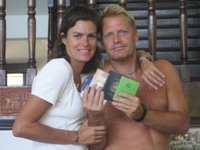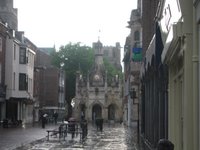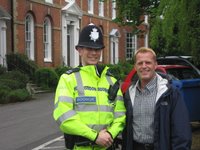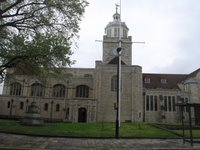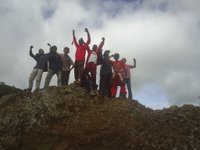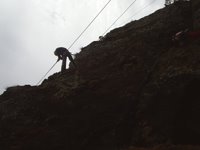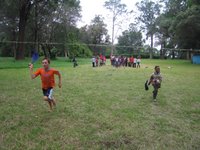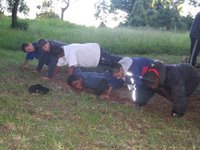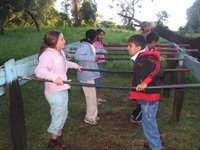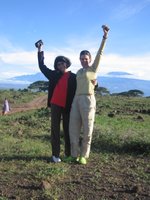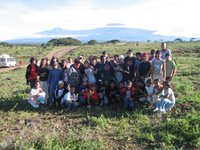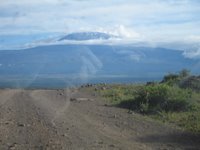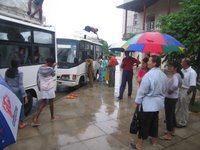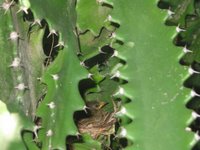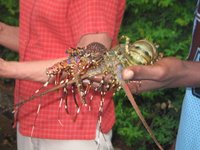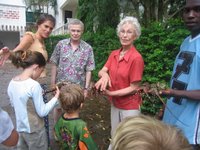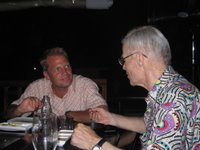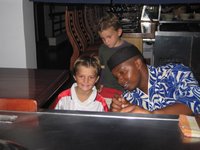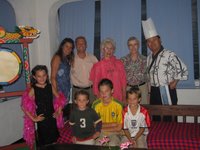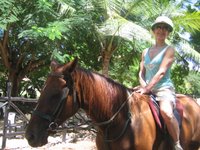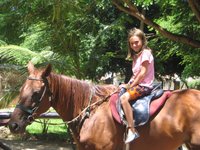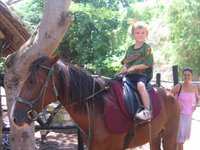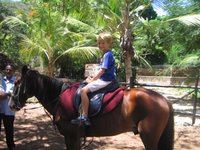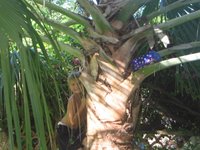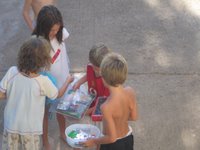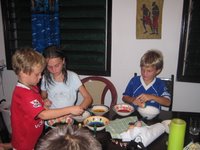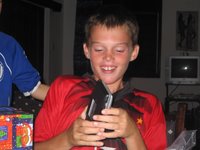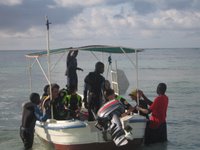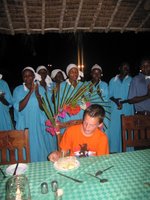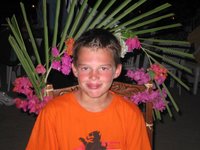The White Masai
Novel by Corrinne Hofmann set in Kenya (Mombasa area)
Wonderful warm tropical air embraces us the minute we land at Mombasa airport, and I already I feel in my bones that this is my country: I'm going to be at home here. The extraordinary atmosphere works its magic on me. Our first visit to the beach only amplifies my overwheleming impression: this is the most beautiful country I have ever visited. I could live here.
The ferry across to the south coast. Hundreds of people with crates and chickens and crammed-full cardboard boxes packed between lines of waiting cars. And all of them want to board the two-story ferry. Longer bus rides for locals up-country stop at some spots to answer the call of nature. But when you see the fouled state of the hole in the ground that serves a toilet, people can hold it a lot longer. Twice we go through checkpoints. The bus has to stop because they have laid wooden planks with long nails accross the road. Then a policeman, armed with an automatic weapon, walks along each side of the bus and shines his torch in everyface.
Matatu - a type of taxi. It's a small bus(van) with about eight seats, but when it stops there are already thirteen people on board jammed with their luggage. The ticket inspector (money taker) hangs on outside.
No Masai warrior ever eats anything that a women has touched or even looked at. They are not allowed to eat in the presence of women, they can only drink tea. It becomes also clear that he takes my left hand and says:'this hand no good for food!' I'm surprised to find out that the Masai apparently can have as many wives as they can feed. Weddings - the festivities only begin when it gets dark and the animals are back. Sitting in front of the manyatta (home), I watch all the comings and goings. The male is provided jewellery and decorated artistically. There is a slaughter of a big ox and small goats that are provided to the elders as part of the ceremony. They give their blessing in front of the parent's manyatta followed by a warriors dance. The warriors are painted exquisitely painted and wear red loincloths. Their chests are bare and crisscrissed with pearl chains. They all move to the rhythum. The girls dance in the front moving in time to the same rhythm while the men junp up and down,in th eair in the typical Masai leap! The group emerges with the groom in front in sort of a conga. The elders sit on the ground in a circle wrapped in their woollen blankets to give their blessings. The oldest member utters a sentence and all th eothers repeat 'Enkai': the Masai word for God. Chai (tea) and festive beer is provided to the guests. A marriage license is required to be filed with the Kenyan government.
When in Kenya you need time ands patience - (pole pole) which means slowly - slowly. Many people actually do not live with their family. They live on the coast to make money, and once or twice a year they take it home. Families may not live together for years. Once again Africa amazes me.
